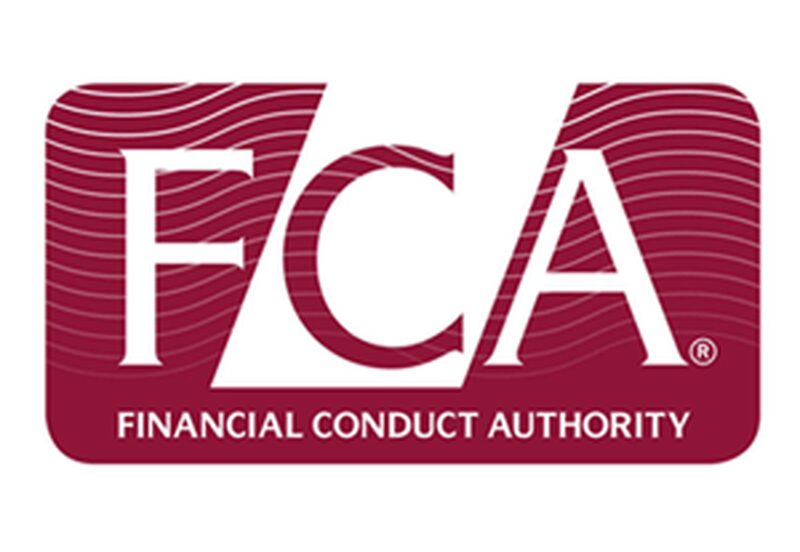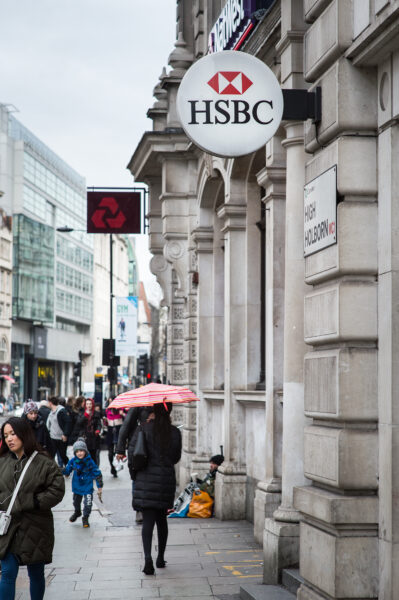4 November 2016
Who regulates the regulators?

When the Competition & Markets Authority published its report into the retail banking market a few months ago, it was met by almost universal condemnation from consumer groups (ourselves included) - who felt it didn't go nearly far enough.
This in itself is perhaps no surprise. Consumer groups tend to want more than they get from regulators.
But what was striking this time was that a number of senior politicians - from across the political spectrum - joined in with the condemnation. Earlier this week, Alasdair Smith, who chaired the CMA banking inquiry, found himself being grilled and tormented by the Treasury Select Committee, accused of "dropping the catch" in his handling of the task of reforming banking for the better.
If that wasn't bad enough, his week got worse yesterday when the Financial Conduct Authority announced that it would be launching its own inquiry into parts of the retail banking market - to compensate for the fact that the CMA didn't look to have got to the bottom of the problem.
Overdrafts - the most expensive form of credit
To pause for one minute on the detail here - this is good news. The CMA had recommended that banks come up with a "Maximum Monthly Charge" for unauthorised overdrafts, which they could set.
Critics rightly pointed out that a self-regulated cap would have next to no impact - and would not address the spiraling cost of authorised overdrafts, which have become one of the most expensive forms of short-term borrowing. Given that payday loans are subject to a cap on the cost of credit, it looks strange to leave banks continuing to charge what they like for similar products. And given the CMA's laissez-faire approach, it's good to see the FCA taking it upon itself to iron out the inconsistencies in its regulation of short-term credit.
This is all well and good. But I'm left wondering just how much public money has been wasted over the last few decades by ineffective regulatory investigations, and the follow ups that ensue.
Cost of regulation
The CMA took two years to carry out its inquiry and spent millions of pounds. Now the FCA is going back over its co-regulators' homework and redoing it - presumably in response to political pressure from key figures in Whitehall.
It's worth pointing out that only a few months ago, the FCA concluded a similarly lengthy inquiry into the credit card market, by saying that it thought things were working pretty well. Its remedies look set to do very little about the fact that most consumers don't know what rate they're going to get until they've applied for a card. And they look to do nothing about the fact that credit is still too easily handed out to those who can barely afford it.
Perhaps the CMA could get its own back by accusing the FCA of being flimsy, and launching its own inquiry into the credit card market.
Of course there are no easy solutions to creating fair, effective markets. But surely two years, and millions of pounds of resource, is more than enough for our regulators to come up with something that addresses the key issues in these complex markets. The CMA retail banking report is the latest in over a dozen regulatory investigations into this sector over the past decade and a half. Yet competition remains poor and costs are too high for certain segments of customers.
Rather than pitting regulators against each other, it would be great to see politicians, the FCA, the CMA - and any other relevant regulators - working together to come up with something effective. Ironically, we seem to be failing at the task of creating competition in banking, whilst succeeding at creating competition between our regulators.




